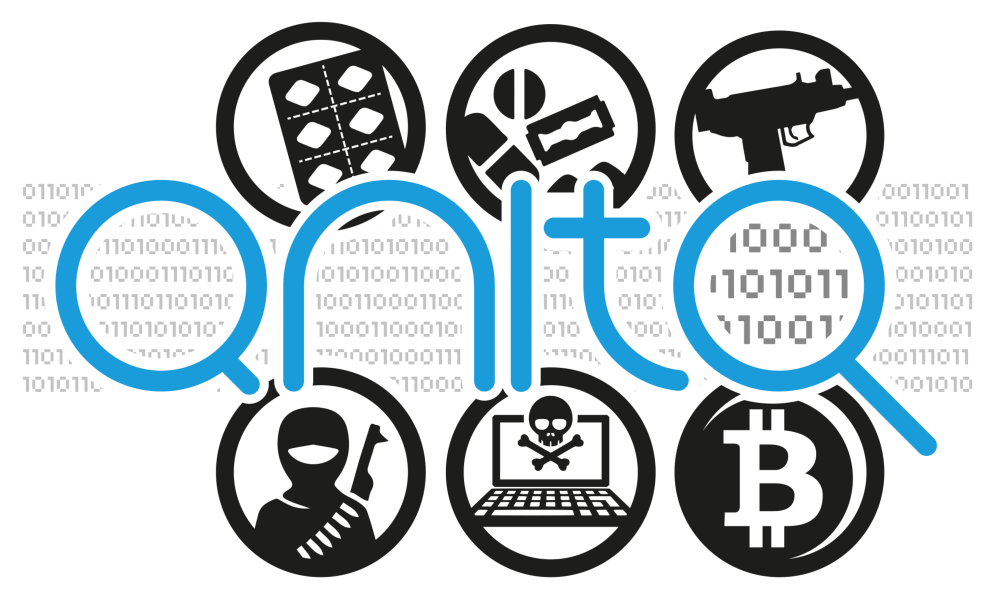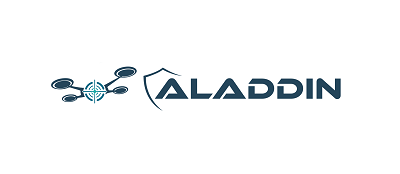Cyber-kinetic attacks using Artificial Intelligence

KINAITICS
The interconnection between Information Technologies and Operational Technologies is underway, with many impacts on the related cybersecurity of various application domains. For a long time, we have known that attacks or malfunctions in the cyber world can have critical impacts on the physical world, especially in critical infrastructures. Conversely, intentional perturbations of physical systems, through e.g. attacks on sensor measurements, can have disastrous consequences on digital control mechanisms, and thus on physical processes. In this interconnected cyber-physical world, the advent of Artificial Intelligence (AI) opens the door to various new kinds of attacks, and also offers numerous defence capabilities.
In the KINAITICS project, we aim at exploring the new attack opportunities offered by the introduction of AI-based control and perceptive systems, as well as those offered by combination of behavioural understanding of physical systems and cyber-attacks. On the defence side, we aim at offering an innovative spectrum of tools and methodologies, to combine behavioural monitoring and classical cybersecurity tools to protects against these new threats. Importantly, we also target innovative methodologies, which incorporate human factors and their uncertainties in the tools. This last point raises crucial challenges on trustworthy approaches, explanations provided, and how to deal with uncertainties in response decisions.
The project will also thoroughly assess the regulation of big data uses and provide guidelines for EU policy actions and cybersecurity experts’ responsible development, thanks to the implication of researchers specialised in legal and ethical aspects of ICT innovation. Our research will strive to counter AI attacks. The seven tools produced during the course of the project, as well as the cyber-defence platform, will significantly improve systems robustness, resilience and response, and will help Europe save 3-4 billion€ yearly by 2030.




































